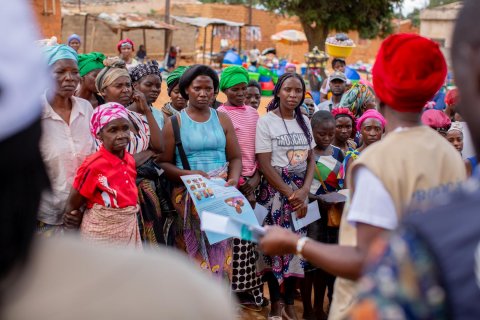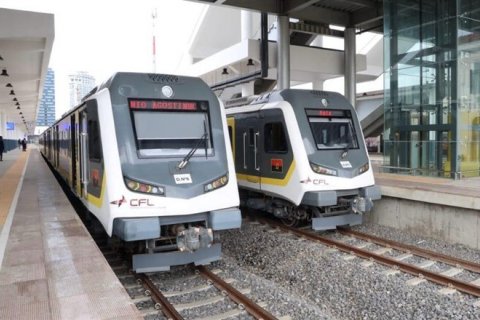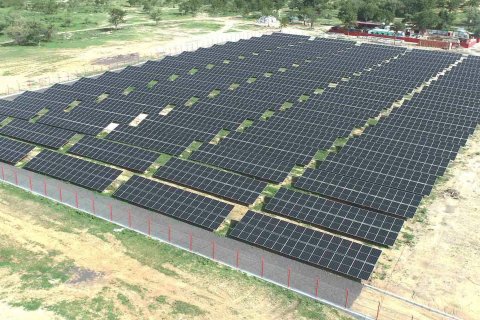“We only have military peace, because, despite the fact that the guns have fallen silent, we continue to have tensions within society, tensions that do not allow the tranquility that citizens should have,” said Samakuva.
Speaking on the sidelines of a lecture he chaired in Luanda, the politician from the National Union for the Total Independence of Angola (UNITA) lamented the hunger and poverty, “which are worsening daily within families,” considering that the country lacks social peace.
“We have tensions between different groups, between different parties and different areas of our country, and what we lack is social peace, we continue to have many problems, the citizen continues to suffer too much,” he lamented.
On April 4, Angola marked the 23rd anniversary of peace and national reconciliation, achieved with the end of the armed conflict in 2002, and celebrates its 50th anniversary of independence on November 11.
Isaías Samakuva, on the other hand, considered that the 23 years of peace have no impact on the lives of citizens and called for a deep reflection on the country's 50 years of independence, achieved “with great sacrifice”.
“Independence is a good that we achieved with great sacrifice and what we expected it to bring us, which is ease, prosperity and well-being, we do not have, so we have to reflect deeply”, he stressed.
Sakamuva, who led UNITA between 2003 and 2019, insisted that Angola needs social peace: “We have people who do not have breakfast, others do not even know what they will eat tomorrow, we need to change the situation”.
The current president of the Jonas Savimbi Foundation also regretted that the country has not achieved “effective reconciliation” among Angolans, who today “are still evaluated according to their party affiliation”.
“We need to look at each other as brothers, we continue to look at each other even based on the color of our political parties,” he noted.
“The role of universities in the process of preserving peace and national reconciliation” was the theme of Isaías Samakuva’s speech at the lecture that took place at the Instituto Superior Politécnico do Bita, in the capital.
In his speech, he considered that true peace requires social justice, dialogue, inclusion, respect for human rights and “is not limited to the silencing of weapons”, and argued that reconciliation translates into respect for historical memory, forgiveness and the fight against social inequalities.
Universities, he noted, are instruments of social transformation that should not only prepare citizens for the job market, but also be interested in the common good.
Finally, he also listed the shortage of human resources, inequalities in access to higher education, the lack of funding for research and scientific investigation and the fragility of the institutions’ autonomy as some of the structural and functional challenges facing universities in Angola.
Isaías Samakuva even challenged the academic community to openly address the challenges of peace and reconciliation in the country, in debates with respect and directness, to delve deeper into the country's historical path towards consolidating peace.







